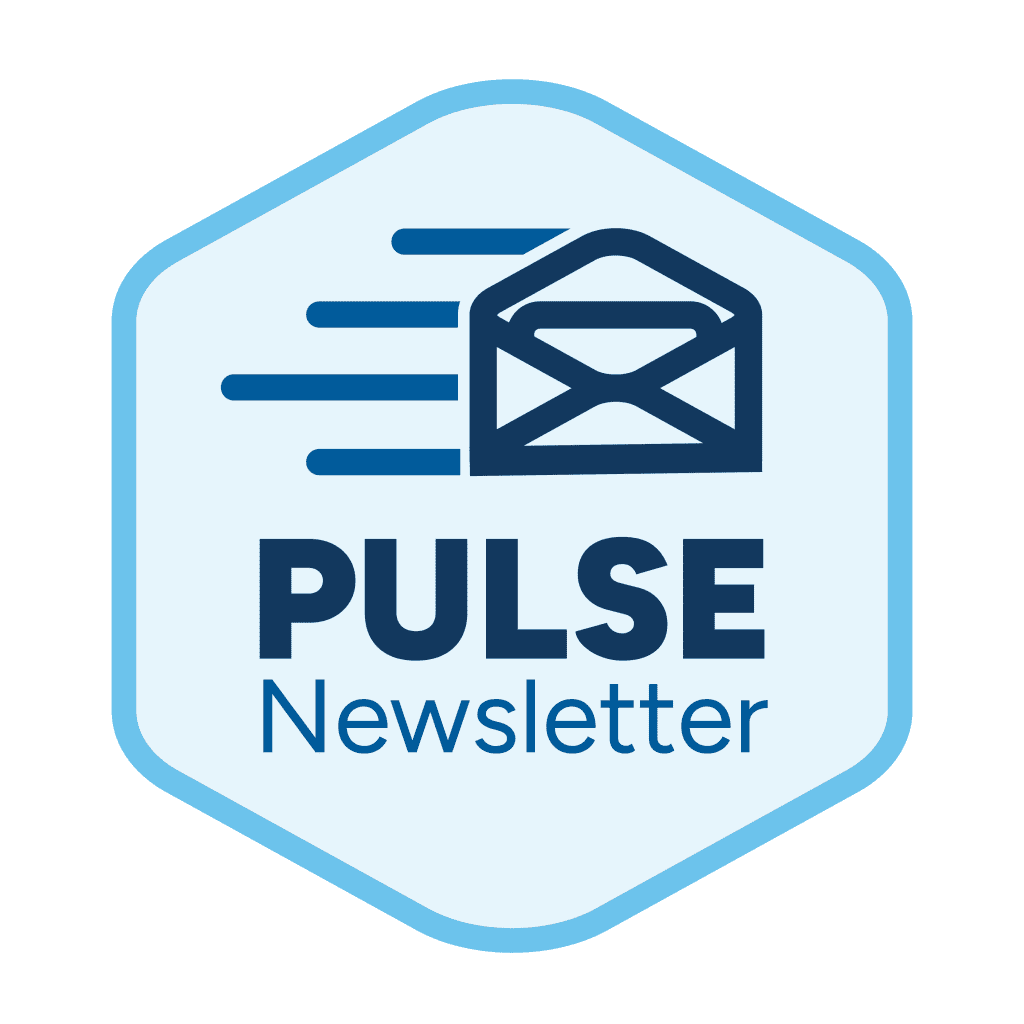
The remote-first model that dominated ERP projects during the pandemic is beginning to evolve.
In 2025, many Dynamics 365 consulting roles are now being advertised as hybrid, with professionals expected to spend two or three days onsite for client-facing work. By contrast, technical build roles remain largely remote, reflecting the different ways in which collaboration and productivity are best achieved.
For business leaders, understanding how this split is shaping the Dynamics 365 hiring market is essential. Balancing hybrid and remote expectations not only affects talent acquisition but also plays a direct role in project delivery and employee retention.
Why consulting is moving hybrid
ERP and CRM projects are built on intensive collaboration between consultants, stakeholders, and end users. While remote platforms remain valuable, employers have found that certain project milestones benefit from face-to-face engagement. Consultants are now expected to attend onsite sessions during:
Workshops: Stakeholders can map processes more effectively when they collaborate in person.
Design phases: Whiteboarding and joint reviews reduce misinterpretation and speed up decision-making.
User acceptance testing (UAT): Being onsite accelerates adoption by giving end users immediate support.
Hybrid schedules give consultants the flexibility of remote work while ensuring that key phases of delivery benefit from direct, in-person interaction.
👉 Hiring Dynamics 365 consultants for hybrid projects? Nigel Frank connects employers with functional experts and solution architects who can lead workshops, manage UAT, and ensure smooth delivery.
Why build roles remain remote
Technical specialists such as developers, testers, and data engineers continue to work remotely. Their responsibilities — coding, integrations, and quality assurance — can be performed effectively from anywhere, provided strong governance and communication structures are in place.
Employers gain several benefits by keeping build roles remote:
Access to a broader pool of candidates unrestricted by geography
Improved retention of technical staff who value remote-first arrangements
Lower costs for office space and travel
For technical professionals, remote arrangements remain a strong draw, giving them flexibility while still contributing to critical ERP and CRM programs.
Implications for employers
Employers face a balancing act. Consultants who have become accustomed to fully remote work may hesitate when hybrid requirements are introduced. Clear communication around expectations, travel policies, and expenses is essential to avoid misalignment during recruitment. For technical roles, maintaining remote flexibility is no longer optional — it is a core factor in attracting and retaining scarce talent.
This is reinforced by findings from Nigel Frank’s Microsoft Cloud Careers and Hiring Guide, which shows that 90% of Microsoft professionals are offered some level of remote work. Employers who fail to match these expectations risk losing out on top Dynamics 365 talent.
👉 Need to balance hybrid and remote hiring strategies? Nigel Frank helps organizations source Dynamics 365 professionals across consulting and technical roles, aligning workplace models with project needs.
Implications for candidates
For consultants, hybrid schedules are increasingly becoming the norm. Candidates should be prepared for travel and in-person collaboration during workshops, design sessions, and testing. This may require rethinking how they structure their workweek or balance personal commitments.
Technical professionals, on the other hand, can continue to enjoy the benefits of remote work. However, they should recognize that employers value flexibility — willingness to occasionally attend onsite sessions or adjust schedules for project milestones can set them apart in a competitive job market.
Establishing the new normal
The Dynamics 365 hiring market is settling into a clear pattern. Solution architects, functional consultants, and project managers are expected to operate in hybrid models, combining remote flexibility with onsite collaboration. Developers, testers, and data engineers, by contrast, are more likely to be fully remote, with employers prioritizing access to the widest talent pool possible.
For employers, setting clear expectations by role helps reduce mismatches in the hiring process and ensures smoother delivery of ERP and CRM projects. For candidates, understanding which Dynamics career paths lean hybrid versus remote is key to making long-term decisions that align both with career ambitions and lifestyle preferences.




